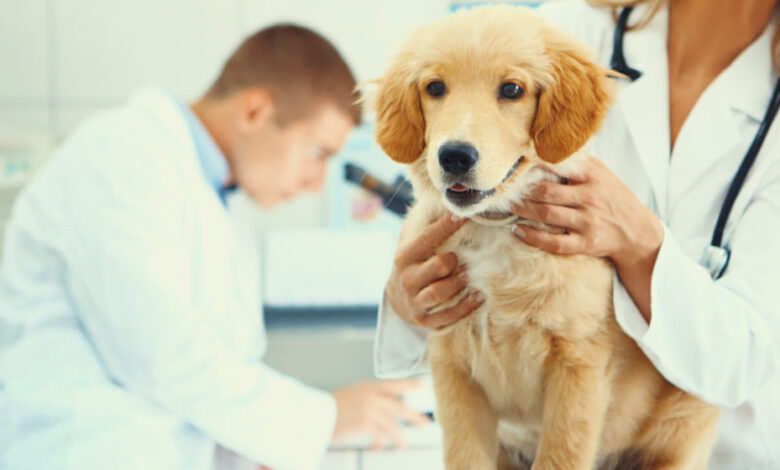4 Common Medical Ailments & Infections Affecting Dogs

Whether you are already a proud owner of a precious pooch or looking to add an excitable puppy or adopt an older dog into your family, there is a plethora of facts and nuggets of information you need to know.
One area that you must fully verse yourself in is that of preventable diseases associated with dogs and how best to avoid them. With that in mind, continue reading to learn of the top four common medical ailments and infections affecting dogs and how to do everything you possibly can to avoid them.
Related: How Technology has Changed the access to Health care
1. Diabetes
Diabetes in dogs can be inherited or more prevalent in certain breeds, but it is important, regardless, to ensure your furry friend gets enough exercise and is always fed a nutritious and healthy diet.
Signs that your dog may have developed early diabetes include:
- An increase in the consumption of water
- Persistent skin infections
- A urinary tract infection
- Increased lethargy
- Fruit or sweet-smelling breath
- Reduce eyesight capacity
- Rapid weight loss
If you even slightly suspect that your dog is developing diabetes, you must take them to a renowned and established veterinary practice, such as Pet Nest Animal Hospital, immediately.
2. Ringworm
Contrary to popular belief, ringworm is not caused by minuscule worms but rather an infection in your dog’s hair, nails, and skin from fungus.
Ringworm is highly contagious and does not limit itself to dogs, but rather can easily infect human beings too. Puppies are most at risk of ringworm, as are those dogs who lack the correct vitamins and minerals from their food. In less severe cases, specialist shampoos can kill the fungus, but a course of oral antibiotics will be prescribed in more prolonged cases.
3. Parvovirus
Parvovirus can be fatal, and by far the best way to prevent the disease is to have your puppy or young dog vaccinated as soon as you can.
Essentially, parvovirus is a serious infection that attacks a dog’s digestive system, and intestinal tract manifests itself in two different ways. Either your beloved dog will start vomiting and have continual diarrhea, or else it will show signs of rapid and unhealthy weight
loss.
There is no antibiotic that can treat parvovirus in dogs, and instead, if you detect the symptoms early enough, your dog will likely be hospitalized and be placed on a drip to receive the fluids and nutrients to stay alive.
Related: What Are The Best Pets For Kids?
4. Heartworm
Heartworm, transmitted by mosquitos, is a parasite that infects both cats and dogs but is far more prevalent in the latter and manifests itself in rapid weight loss and general lethargy.
Heartworm is a wholly progressive disease and as a result, is often only detected when the infection has been present for several weeks, so it is vital to catch the infection as soon as possible for the best chance of your pet making a full recovery. If you rarely travel with your dog, they are at a significantly reduced risk of contracting heartworm.









